Seasonal
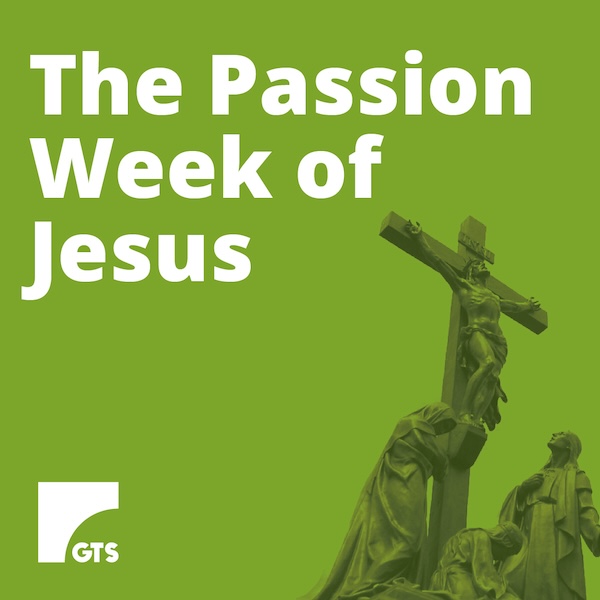
The Passion Week of Jesus
Description
Christians believe that Jesus’ death (and resurrection) was the most significant event in all of human history – yet so obscure that scholars are uncertain even what year it took place. Its implications encompass every person who has ever lived; death has been conquered, we can be right with God, eternal life made possible…
But the cross alone doesn’t tell the whole story. The last events of Jesus’ life were all leading inextricably towards his death; the closer he came to that moment, the greater the symbolism and significance of everything he said and did. Over 1/3 of the gospels are devoted to the events of the final week of Jesus’ life. What does it all mean for us today?
Overview
Comprising 6-8 sessions, this course covers the events of Jesus’ final week on earth through the lense of a combined account of the four Gospels. This interactive course is designed for participants to think, explore and discuss together in a fresh perspective, the story we thought we knew!
Topics include:
- Overview and historical background
- A Journey through Jesus’ last week
- Jesus enters Jerusalem
- At the Temple – teachings and controversies
- The Olivet discourse
- Last words and Last Supper
- Jesus on Trial
- The Mystery of the missing day
An ideal conclusion to this course is a celebration of the Seder-Passover meal
'I found it hugely enlightening and beneficial and a reminder that one is never too old to learn!' - Sue
'I have loved your sessions and I am currently teaching the lead up to Easter to my Sunday Club children, using the order of events you gave us.' - Anon
Facilitator Rev Dr Daniel Button
Format: on-site
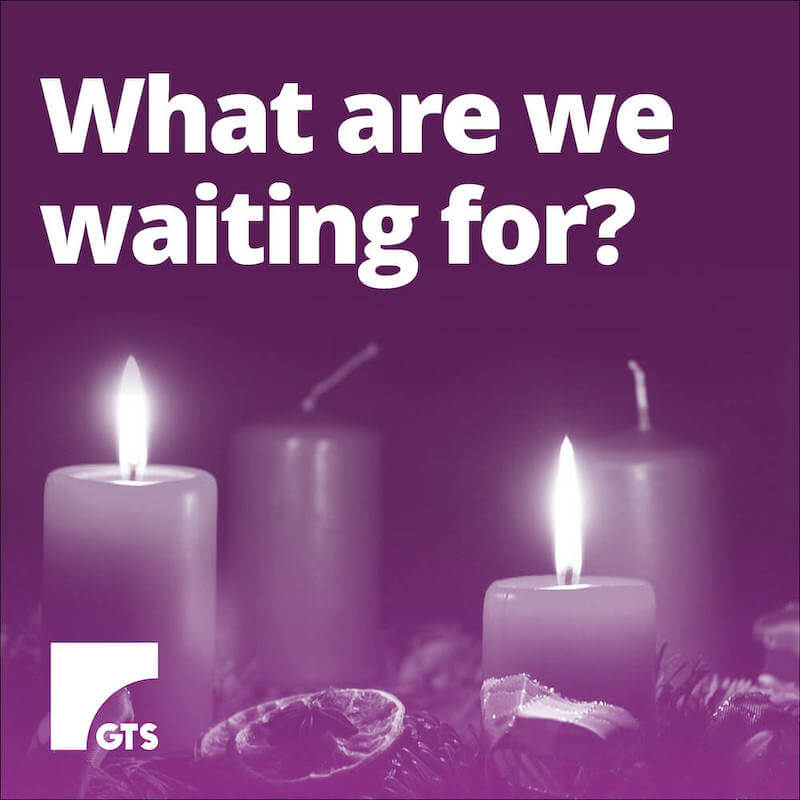
'Thank you so much for the course - we really enjoyed it and are so grateful for the work and wisdom you put into it. We are all a bit wiser as a result!' - Ben & Becs
What Are We Waiting For?
Description
Advent. Most of us hear the word and immediately think of counting down the days until Christmas. We welcome the familiar traditions and rituals, lighting the candles, reciting the bible stories, singing carols, and planning for all the feasting and family gatherings to come. We have an innate ‘sense’ of what Advent is… until we really start to think about it.
It’s not a biblical word, and it wasn’t even a Christian holiday until hundreds of years after Christ. But is there is a ‘theology of Advent’ that the early Christians knew and understood from the very beginning – now ‘overshadowed’ by the celebration of Christmas? How can we rediscover the true meaning of Advent?
Advent means ‘coming’ – and this course asks the question, ‘what’s coming’? The Jews of Jesus’ day waited for the coming of the Messiah… and then he came! So is that it? As we look back to celebrate his birth at Christmas, imagining what it was like for Mary, the wise men or shepherds, is there something more for us today? Jesus indicated a big yes. What are WE waiting for?
'Interesting and thought provoking. Your passion for theology shines as bright as ever.' - Dave F
Overview
This course challenges us to re-think the way we celebrate Christmas – and why. It explores the history from pagan feast to modern commercial holiday, and how radically our celebration today differs from the early Christian understanding of Advent. This is a participatory course, with plenty of opportunity to discuss, interact, and bring new ideas to light – with surprising results! Best done in 4 sessions.
- Historical background of Advent & Christmas
- Biblical prophecy – Advent & Parousia
- Messianic expectations: What were they waiting for?
- Signs and Saviour: What are WE waiting for?
Format On site or Online (live)
Facilitator Daniel Button
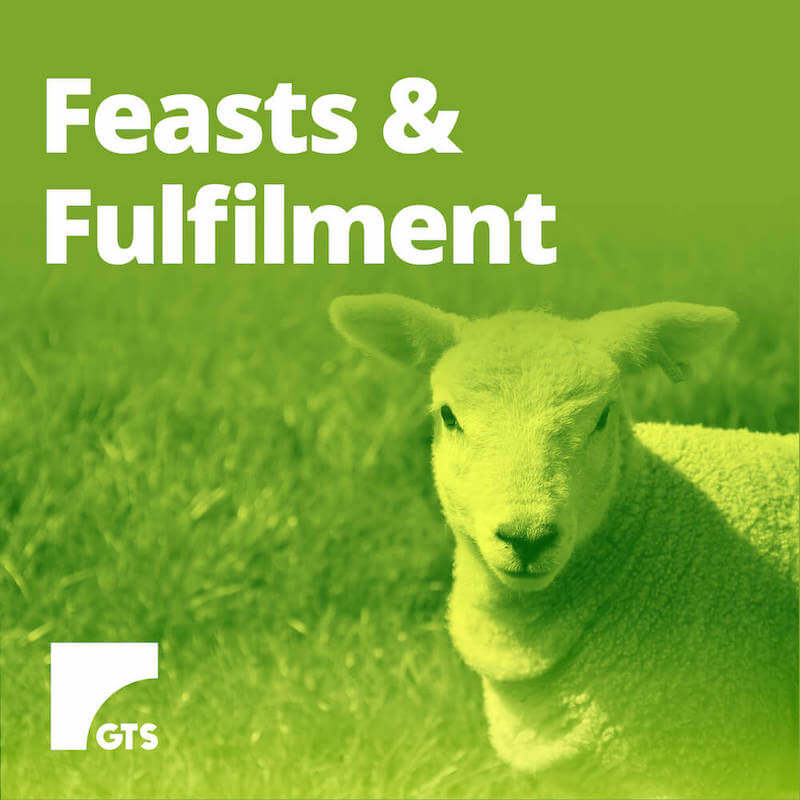
Feasts and Fulfilment
Description
The seven major biblical feasts of the Old Testament were not ‘feasts’ in our modern sense, but special ‘appointed times’ dedicated to the Lord. We may think of them as outdated elements of Old Testament ceremonial practice, but each of these feasts were (or will be) fulfilled in Christ!
Understanding the complex background and symbolic meaning behind these feasts helps us not only understand the nature of Israel’s relationship with God, but God’s relationship with ALL his people, through Christ. They enable us to tie together the Old Testament and the New, and to gain a surprising appreciation that while the four Spring feasts were fulfilled in Christ’s first coming, the 3 Autumn feasts are yet to be fulfilled in his second coming. A fascinating study of a little understood but valuable expression of our Jewish-Christian heritage, and where they meet together in Christ.
Format On Site
Facilitator Dr Daniel Button
Overview
An ideal seasonal course for a group desiring and in-depth study uniquely combining biblical and theological insights around a challenging and engaging topic. The framework of the course covers an overview of the seven biblical Feasts, followed by an in-depth look into the background, meaning, and symbolism of each – highlighting their fulfilment in Christ.
Feasts include: Passover, Unleavened Bread, Firstfruits, Weeks, Trumpets, Atonement and Tabernacles. Some have modern Jewish names you may recognise today, showing how these feasts have been celebrated continuously for 3,500 years!
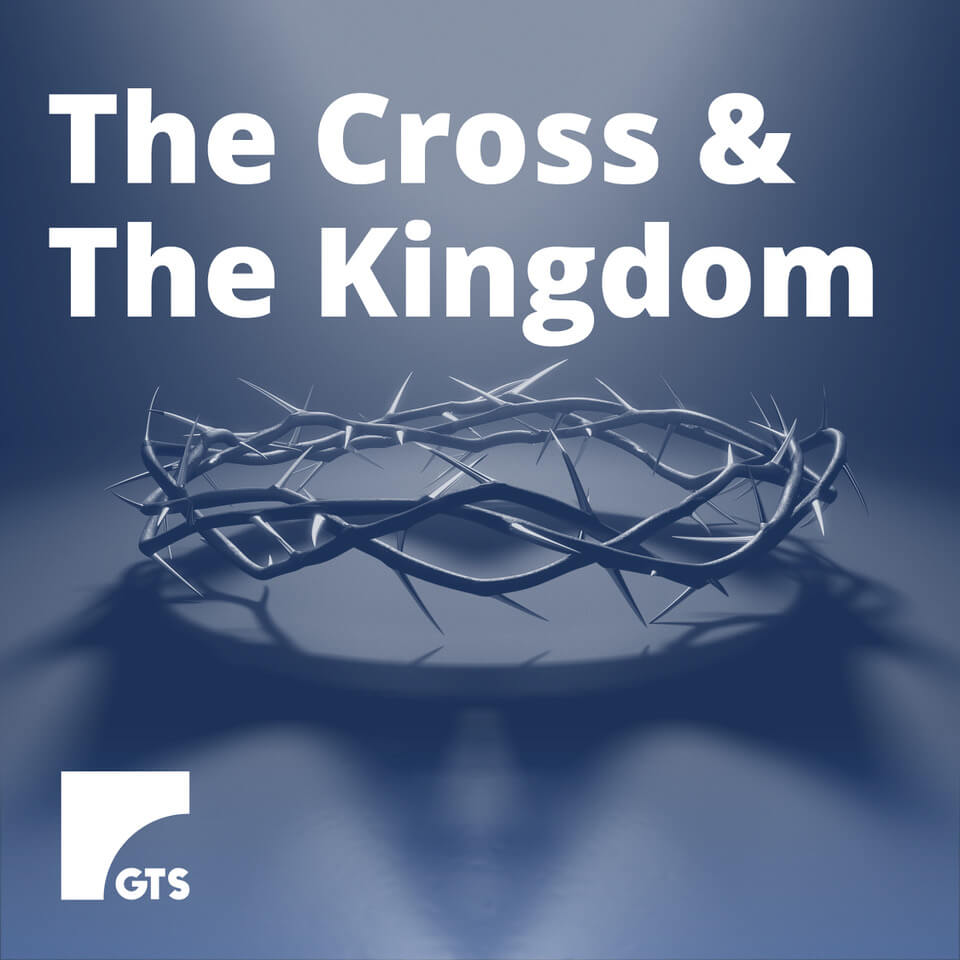
The Cross & the Kingdom
Description
What does the Cross have to do with the Kingdom?
Jesus was born into this world to bring salvation. This led him to the cross. Christians view the cross as God’s ultimate act of redemption, defeating sin and death to give us forgiveness and eternal life. Yet during Jesus’ own life, he preached one main message – the Kingdom of God. He was hailed as the king, but instead of rising up to claim his throne, he gave himself up to die, promising to come again. We look back on the cross and look forward to the kingdom. How do we relate these two great truths which seem so opposite, and live in the light of both? An ideal course for Lent.
- What actually happened on the cross?
- What did Jesus really mean by ‘thy kingdom come’?
- Is there a way to explain this simply and clearly to others?
Come and find out! Explore, discuss, discover and explain…
Facilitator Daniel Button
Overview
This 5-session course introduces participants to the dynamic paradox between the cross and kingdom – two great truths of the Christian faith – both centred around Jesus, yet so very difficult to relate. It explores the radical change of perspective from the Jewish Messianic expectations to the dawning realisation of the early church that Jesus had changed history forever, in a way no one had anticipated. The ‘already and not yet’ is explored in Jesus’ past fulfilment and future expectations. Topics:
- Looking backward, looking forward
- Atonement and the meaning of Cross
- Salvation as preparation for the Kingdom
- Already/not yet – the changed model of history
- Kingdom present and future
Format On Site or Online (live)
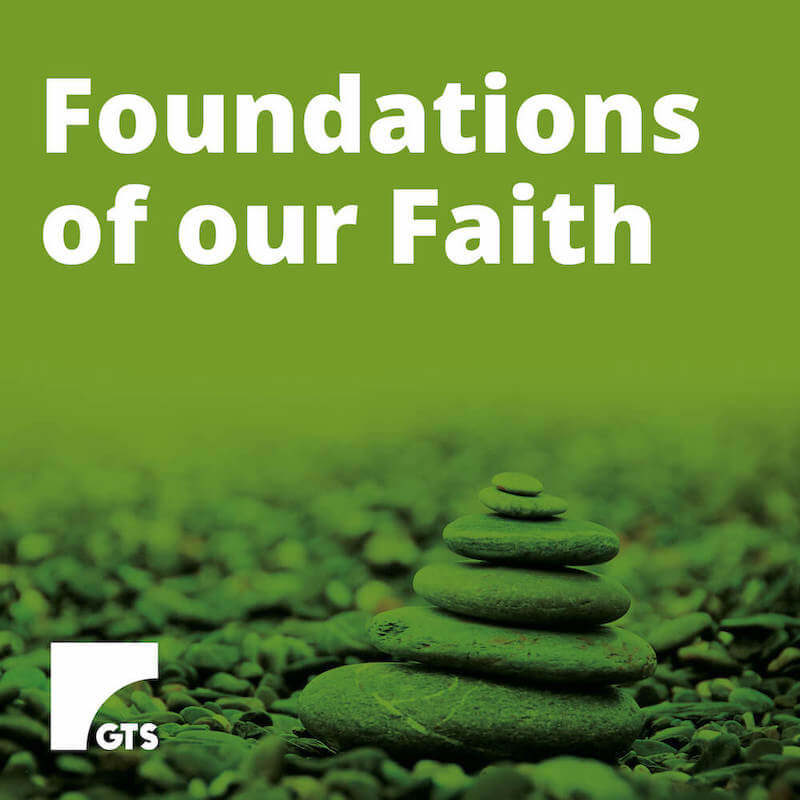
Foundations of our Faith
Description
A great seasonal course for Lent, Advent, Pentecost, or anytime. Foundations explores the biggest and most profound aspects of Christianity – what makes our faith unique from any other religious beliefs – and why, if these things are true – it changes everything. This is a very participatory course, relying on creative discussion, interaction, and a collective search for the connections between Christian truths and the impact they have on our lives today.
Overview
Ideal for congregations or home groups, this course is variable in length and content, exploring a range of potential topics including: resurrection, being ‘in Christ’, forgiveness and reconciliation, death and eternal life, and God’s purpose and plan for human life.
Format On Site
Facilitator Variable

